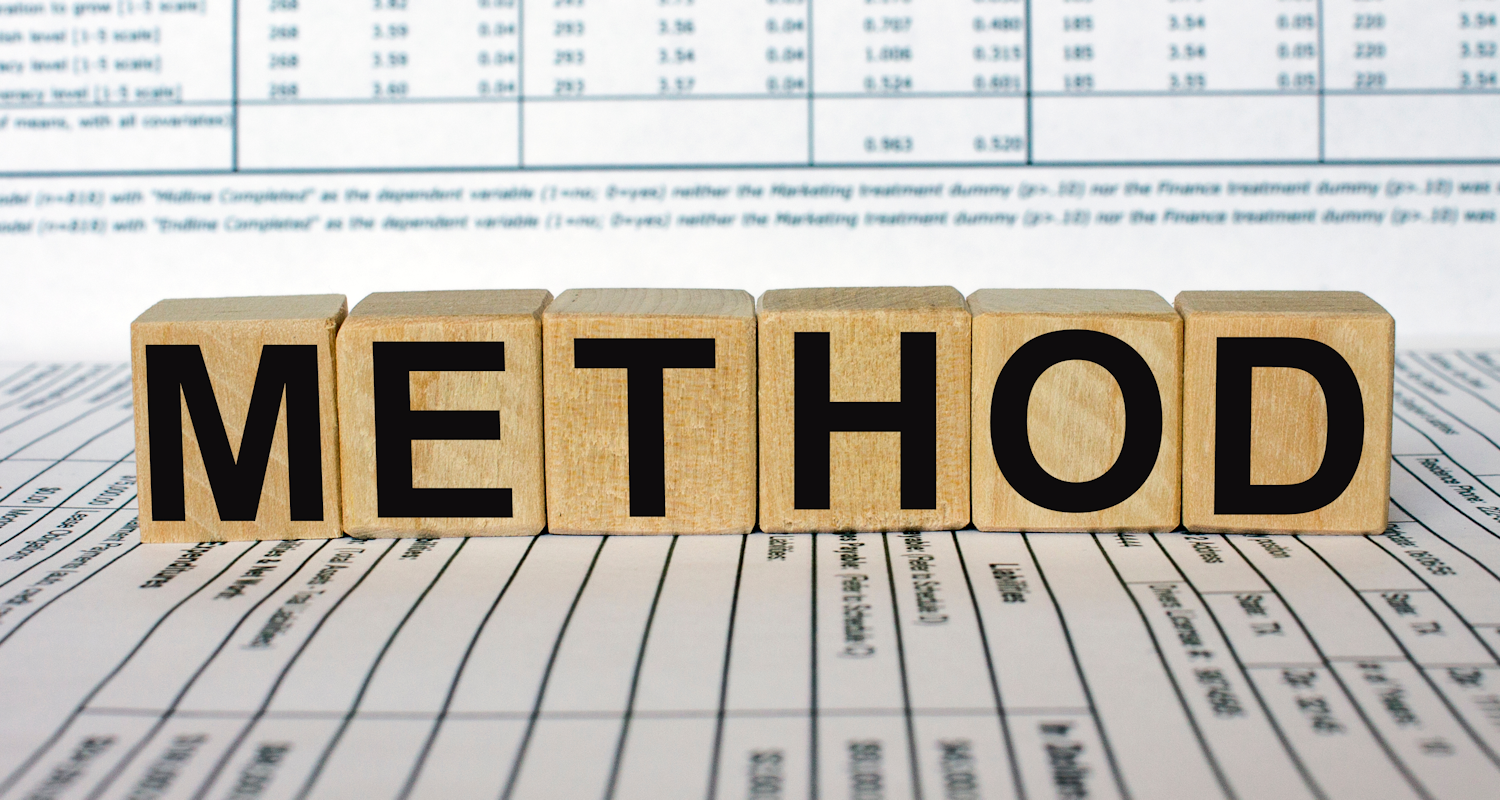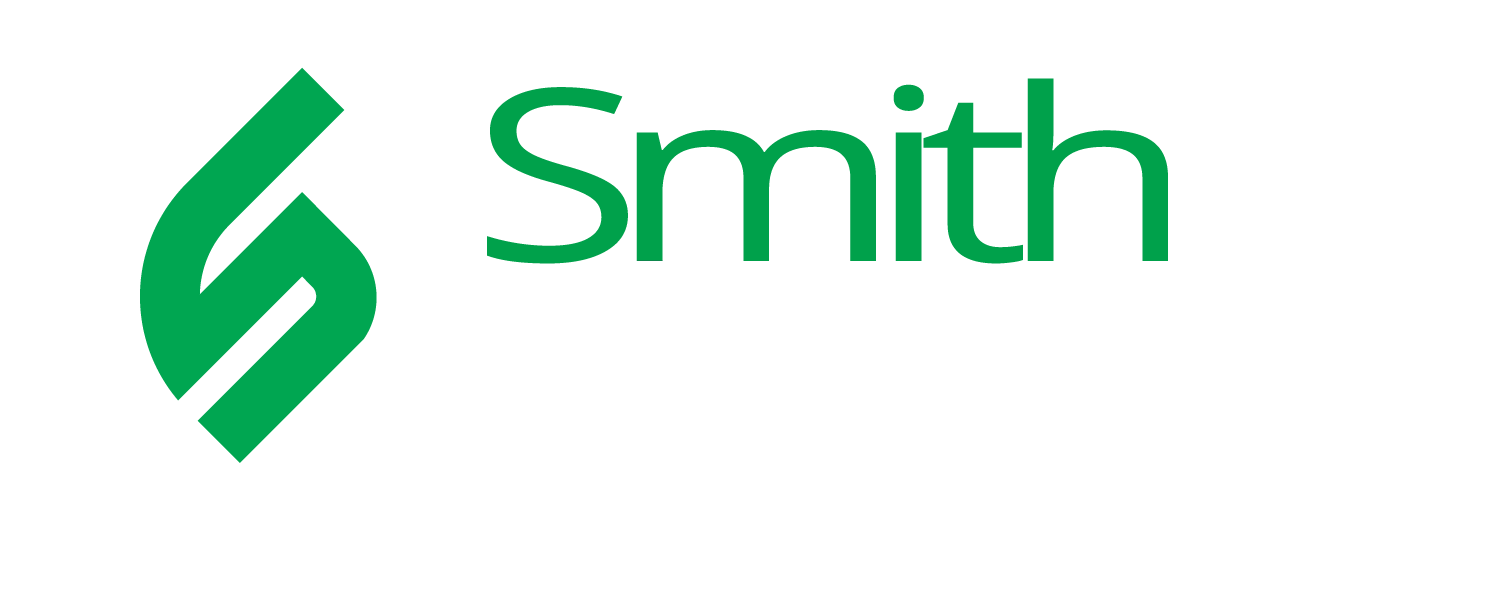
Financial Accounting – Accrual vs Cash Methods
Which financial accounting method is best for your business–accrual or cash? The primary difference between these 2 approaches is the timing of when you would record revenues and expenses in your ledger. With cash basis accounting, you register a transaction as soon as money changes hands, whereas, with accrual accounting, you record a transaction once income or expenses have been incurred.
The Cash Basis Method
Cash basis accounting is easier for small businesses because it’s just like handling a checkbook. You document income when you receive it and expenses when you actually pay them.
For instance, a vegan catering company provides food for a wedding in August. Since the couple who hired them will pay the invoice in September (30 Day Net Terms), The catering company would record the transaction in September’s ledger. If the couple paid in August, regardless of the invoice terms, the catering company would record the transaction in August’s ledger.
For small business owners who handle a lot of cash and don’t have much inventory, cash basis accounting might be the best financial accounting method to use. This is because recording transactions is more straightforward.
Before 2017, only small business taxpayers with average annual gross receipts of $5 million or less in the preceding three years could use the cash method. However, since enacting the Tax Cuts and Jobs Act (TCJA) in 2018, companies with average annual gross receipts of $25 million or less in the previous three years are now eligible.
3 Problems with the Cash Basis Method
1. Cash basis accounting doesn’t show your company’s liabilities. This means you might mistakenly think your business is more profitable than it is. Financial experts say it’s less accurate than the accrual approach because it doesn’t consider things like bills you have in your possession but haven’t paid yet.
2. Cash basis accounting is only a snapshot of a single moment in time. You won’t have a clear picture of your long-term financial health, which could negatively impact your ability to make business future decisions.
3. Cash basis accounting isn’t accepted under Generally Accepted Accounting Principles (GAAP). These are standards that encompass the details, complexities, and legalities of business and corporate accounting. The Financial Accounting Standards Board (FASB) uses GAAP as the foundation for its comprehensive set of approved accounting methods and practices.
The Accrual Accounting Method
The accrual method recognizes earnings the moment a company delivers a product or service to a customer. That’s because there’s an expectation that this transaction will be paid in the future. In other words, revenue is accounted for before it’s received.
The accrual accounting method is best for:
Any company that is required to file financial statements.
Businesses with 30-day or more net term payment cycles.
The accrual accounting method allows you to more accurately measure profitability during specific periods than you can with the cash basis method. You also don’t pay taxes on uncollected receivables when you use the accrual method. But, accrual accounting is more complicated and challenging to manage, so hiring an accounting expert (like Smith Jeffries) is the way to go.
Because the accrual method doesn’t track cash flow, an enterprise might show long-term profitability yet have an unrecognized short-term cash shortage. This is why another approach might be more suitable.
The Hybrid Accounting Method
At times, it makes sense for enterprises to use a combination of cash basis and accrual accounting, which is called the hybrid method. The beauty of this approach is you can kill two birds with one stone: track cash flow and get a long-term perspective of your company’s financial health.
The hybrid method allows you to use the cash basis method for most transactions. However, for specific line items, such as inventory, you might need to use the accrual approach. But, the hybrid method is even more complex, which is why you should enlist the assistance of a qualified tax professional (like Smith Jeffries).
3 restrictions you must follow when using the hybrid method:
1. If an inventory is necessary to account for your income, you must use the accrual method for purchases and sales.
2. If you use accrual basis accounting for reporting expenses, you must use the accrual method for reporting income.
3. If you use cash basis accounting for reporting expenses, you must use the cash method for reporting income.
Changing Methods
According to the Internal Revenue Code, any combination of reporting that includes the cash basis method is treated as this method. If you own a business and want to change your accounting method, you must get the IRS’s permission in advance.

Disclaimer: This article is not, nor should be, considered legal, tax, or business advice of any kind. Always consult with experts (like Smith Jeffries) regarding any and all matters having to do with the financial future of your business.
